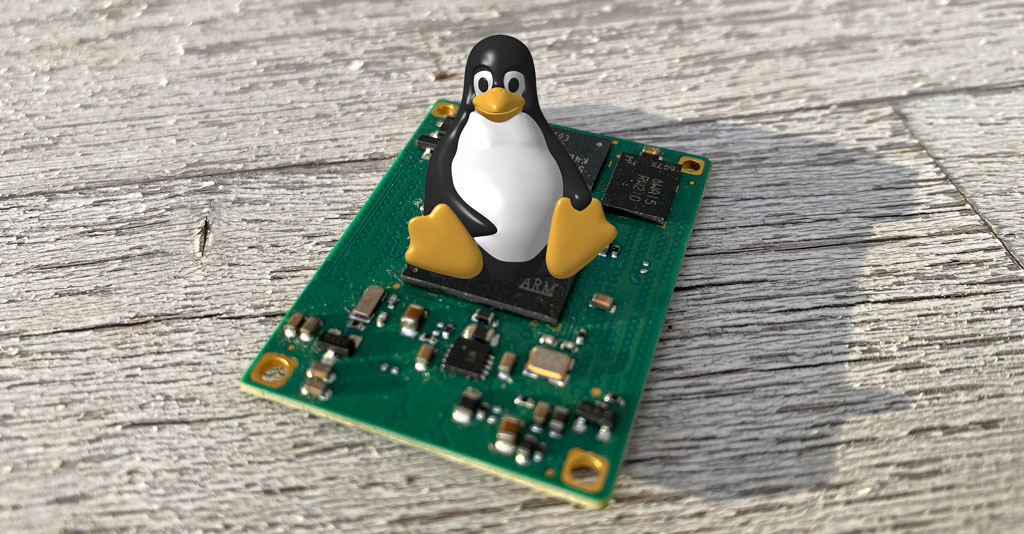
- How to compile bison program install#
- How to compile bison program update#
- How to compile bison program software#
- How to compile bison program code#
Is usually deal with (as are comments), and keywords are replaced by symbols. "scanning") - reading in a string of charactersĪnd outputing a stream of strings and tokens. In general the first stage in parsing is "lexical analysis" (or If you've ever written a program that reads text lines that are in particular formats, The minimum of details will beĮxplained here - with luck you should be able to adapt the programs in smallīefore introducing the example, I'll briefly deal with parsing in general, and with They're not trivial to use, but they're lessĮrror-prone than hand-crafted alternatives. Structured (a computer program, for example, or a configuration file, or a maths expression).
How to compile bison program code#
These programs generate source code to parse text that's

This document illustrates how it can be done in about 50 lines of code using flex and bison. There's isn't such a function, but writing one is possible. People sometimes ask if there's a C++ library function that given a string like " 2+(3*4)" will return its value as a number. Here I will refer you to the Ports section of the Handbook, the port subsystem's man page (good info on additional make targets) and the make man page.Parsing arithmetic expressions - Bison and Flex
How to compile bison program update#
Obviously there is more you can do such as recursively listing dependencies and configuration options, update with patches and so on.
How to compile bison program install#
This is the easy part: make install clean Bash for example, doesn't really have any options. That's kind of a lot for a summary, but the complexity of configuration is mostly about the app, not the port. You can then double check your configuration: make showconfig _MAKE_CONF=~/Īnd if everything looks good: make install clean _MAKE_CONF=~/īEWARE! If you need to adjust your configuration settings after make configure or an installation in whole or part you absolutely must clear your configuration first: make rmconfigįailure to do so will result in unexpected interactions between the ports subsystem, your port's make defaults and your desired configuration. To begin, create a file with your ports options, call it ~/myport.mk and then combine that file with /etc/nf: cat /etc/nf ~/myport.mk > ~/ FreeBSD has a default configuration file: /etc/nf which usually contains information on previously installed ports and other system settings. In this case you can make a configuration file and pass that to make with the _MAKE_CONF variable. install cleanįor complex configuration however the command line won't work well and you're better neither of the first two methods will be effective. install cleanĪlso, you can set switch options via the -D option: make -D MYVAR -D MYOTHERVAR. If your port's defaults are mostly fine and you just want to change a few things, you can also just pass key=value pairs like environment variables: make MYVBL1=MYVAL1. Will give you information on setting up you chosen modules, thread options and the like. To continue the Apache example make show-modules For this, you also should look at the Makefile(s) which will sometimes give you some additional targets for make that will give you more information. (Don't become confused with this and make configure which configures your port with your chosen options!) This is often sufficient but for some software, like Apache, there is often complex configuration that a simple dialog won't handle.

Will bring up a dialog box where you can select which options you want. If you like the defaults you are ready to compile and install. This will list the default configuration options. To get started with the command line: make showconfig There are three main choices: command line, environment and make configuration files.
How to compile bison program software#
Often, you'll want to do some configuration software such as Apache and Postgres practically require it. The depth argument ensures your return results aren't needlessly cluttered with matches you are unlikely to want. Use the * when searching since there are often multiple versions of a port available. I personally prefer: find /usr/ports -name myport* -print -depth 2

Sometimes there are too many entries that way. Ports are organized by category so if you don't know what category the port is in you have to find it first: cd /usr/ports A summary for using the Ports Collection in FreeBSD:


 0 kommentar(er)
0 kommentar(er)
